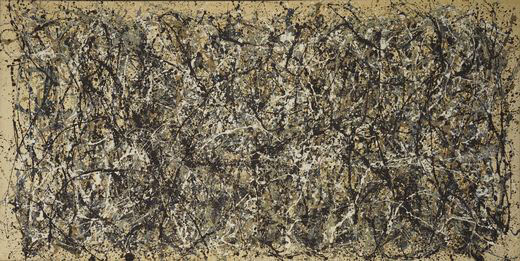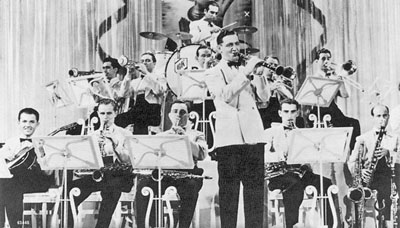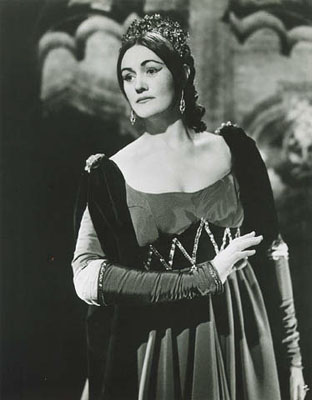So, how do we define "pop culture?" What exactly is it?
Not surprisingly, there are many competing definitions of popular culture, and there are a lot of websites, including scholarly ones, focused on issues of pop culture. Some aspects of pop culture:
- the culture of the masses, i.e., pop culture is the culture of the many as
opposed to the "culture" of the few. Some examples might include:
- pop culture is soccer, culture is polo
- pop culture is Tim McGraw and Faith Hill, culture is the opera
- pop culture is a lettuce salad; culture is a braised Belgian endive salat
- Pop culture finds its expression in the mass circulation of items in such areas as--or the various forms of pop culture include--fashion, music, sport, film, television, advertising, etc.
- The world of pop culture is often considered to have really begun in art in the early 1960s with the emergence of pop art.

Now, is "mass culture" (aka consumerism and the mass market) the same thing as "pop culture?" Are they interchangeable terms or not?
Does this definition make sense from the New Media Literacies website?
Mass culture is a term referring to how culture gets produced; popular culture refers to how culture gets consumed. Mass culture is culture which is mass produced, distributed, and marketed. Popular culture is culture which people integrated into their everyday lives. Popular culture may draw upon mass culture for its resources but it also may draw on folk culture, high culture, and niche culture. Focusing on popular culture places our emphasis on how people interact with media in their everyday lives.
What about this simpler definition of pop culture?
"The culture that is widely disseminated via the mass media."
or how about this one from the Online Dictionary of the Social Sciences?
A set of cultural values and ideas that arise from common exposure of a population to the same cultural activities, communications media, music and art, etc. Mass culture becomes possible only with modern communications and electronic media. A mass culture is transmitted to individuals, rather than arising from people's daily interactions, and therefore lacks the distinctive content of cultures rooted in community and region.

For what it is worth, my opinion is that I think that mass consumer culture came first. What I mean is that making sure that everyone can shave with disposable razors is a part of mass production and the mass market, but it has little to do with pop culture. But once the means to create and continue the mass market (production facilities and communications forms like television and radio and telephone) are established, then the art/cultural world can take advantage of those forms and voila, pop culture is created and distributed.
I think that first the mass market and then pop culture started in the aftermath of World War II and the outbreak of the Cold War, which required that millions of American soldiers ended up being stationed overseas (plus all of their support people too). This started the mass distribution of everything American-made throughout the world, including cigarettes, nylons, Coca-Cola, chocolates, razors, etc.
Radio and then television came along and created the mass media necessary for the propagation and transmission of ideas and things.
Most "experts" connect the onset of pop culture to the 1960s.

Art
Let's look at a few examples in the world of art.
Here is an example of the postwar artist Jackson Pollock (1912-1956). His style is often termed (abstract expressionism), not pop art!

One: Number 31, 1950 (1950), MOMA
www.moma.org/collection/browse_results.php?object_id=78386
That requires a bit of
thought and reflection to figure it out. Now, how about some
works of the "pop artists:" We can see a much different trend.
Jasper Johns (1930-)

Ale Cans (1964), MOMA
www.moma.org/collection/browse_results.php?object_id=72254
or

Flag (1954-55), MOMA
www.moma.org/exhibitions/1996/johns/pages/johns.flag.html
Andy Warhol (Andrew Warhola, 1928-1987)

Untitled from Marilyn Monroe (Marilyn). 1967
One from a portfolio of ten screenprints, composition and sheet:, MOMA
www.moma.org/collection/browse_results.php?object_id=61239
or

Campbell's Soup Cans. 1962, MOMA
www.moma.org/collection/browse_results.php?object_id=79809

Music
What of music?
We already had a form of "pop music" in the United States which swept the country in the late 1930s and 1940s, Swing!
Benny Goodman (1909-86), who played the clarinet, was often called "the king of swing." He, along with many other gifted musicians and band leaders such as Tommy Dorsey (trombone and trumpet), Jimmy Dorsey (clarinet, saxophone and trumpet), Glenn Miller (trombone), Artie Shaw (clarinet), Duke Ellington (piano) and Count Basie (piano), epitomized this free flowing, rhythmical, jazzy musical form through the 1930s and 1940s.

Benny Goodman
Just as one example, you can listen to some short clips of Benny Goodman at Amazon.com.
But a more traditional "cultural" form of music is opera, and Joan Sutherland, (1926-) and Leontyne Price (1927-) were some of the major opera stars into the 1950s.

Joan Sutherland
But,
by the 1950s, there was a new "king" in town, a performer who re-wrote
dramatically what it meant to be a singer and artist. Elvis
Presley (1935-1977) was more commonly referred to just by his first
name, "Elvis"--The name simply meant so much on its own; everyone knew
what you were talking about. Elvis was an unprecedented musical,
film and cultural phenomenon and inspired widespread mania among his
millions of adoring fans.

Elvis Presley
Elvis was followed by the Beatles who rewrote all of the musical rules and again established themselves as a cultural phenomenon far beyond the bounds of just any other musical group of the 1960s. Beatlemania swept the world, and again their first names became household words--John, Paul, George and Ringo. It may have been hard to have imagined as possible, but the Beatles far out-distanced the scale of what Elvis had done.

The Beatles

Pop culture since 1960 has popped up in a number of other areas including:
- Food
- Clothing (fashion)--platform shoes, bell-bottom jeans
- Film
- Toys
As pop culture developed, it slowly became a worldwide event, or process, such that while at one time much originated in America and swept out to the world, now things emerge out of different places around the world and become part of a world pop culture, for example, neopets.

Web pages within the course relevant to Pop Culture
- Color TV
- The History of Animé & Manga
- Earth Day
- Bauhaus and the Gothic Movement
- Rap Music
- John Lennon
- Andy Warhol
-

Some suggestions for further research